Should you Buy Pfizer Stock?
About Pfizer Inc. (PFE)
Pfizer Inc. is an American pharmaceutical company founded in 1849 and headquartered in New York, New York. They specialize in the development and research of medicines and vaccines, notably the Pfizer-BioNTech Covid-19 vaccine. Other medications, from treatments to reduce blood clots, to treatments for breast cancer, make up a large portion of their annual revenue.
With Covid vaccine sales lowering in the past few years, revenue has struggled to reach the peaks achieved in the peak of the pandemic. After reaching all-time highs of nearly $60 per share, the stock price for Pfizer has struggled. In the past full year, Pfizer stock has dropped over 25%, falling to the current price of $27.60.
The free-cash-flow based intrinsic value model for Pfizer by GuruFocus paints a more positive picture, however. Based on their formula, Pfizer’s intrinsic value is $53.65, far surpassing the current price of $27.60. Additionally, their price-to-projected-FCF is better than 92% of companies in the drug manufacturing sector. This is exceptional, and indicates that the market might be undervaluing Pfizer stock.
Is Pfizer Worth Watching?
Based on the intrinsic value, I would already feel comfortable saying that Pfizer stock is worth considering. Recent stock performance appears to suggest that the market as a whole is more cautious. There are certainly concerns from potential investors. Lesser demand for Covid vaccines has dampened expectations, and lower revenues have been a concern. Pfizer’s Q1 earnings report showed a 20% decrease in revenue when compared to 2023.
This year, Pfizer projects approximate revenue of $61.5 billion, which would be an increase of 3% to 4% versus 2023, and have introduced cost-saving measures that should also positively impact profitability. There is positivity on the horizon, however. Positive signs on new cancer treatment drugs Adcetris and Lorbrena indicate that they may gain FDA approval, which could provide tremendous value for investors. With this being said, I believe Pfizer is a stock worth considering.
The Last Couple of Years Have Been Rough
Following the success of their stock following the Covid-19 vaccine and release of Paxlovid, Pfizer stock rose to an all-time high of $55.05 in 2021. Since the decline in frequency of Covid cases, there has been a gradual decline in the stock price of Covid, as Pfizer revenues took a sharp downturn.
This decrease in stock price is common among healthcare companies following Covid, but appears to have impacted those companies who produced Covid-19 vaccines more than others. Moderna, who reached an all-time high of $484 in 2021, now trades at $133.18. These were the first two vaccines to make it to market, and both have struggled to regain their positive stock performance since the end of the pandemic.

There’s a Bright Future Ahead
Despite recent struggles with their stock’s performance, there is reason to be optimistic with the future of Pfizer’s stock. The acquisition of Seagen, a cancer drug manufacturer, in 2023 offers potential to right the ship. The previously mentioned Adcetris and Lorbrena have the potential to provide long-term value, and not just with a one-time opportunity like we saw with the Covid-19 pandemic. These reliable, longer-term projects provide more value to investors, as there will be greater potential for more revenue over a longer period of time.
In addition to their acquisition of Seagen, the research and development at Pfizer offers promising signs with drugs in trial. They currently have 37 different drugs in late-stage trials, as well as 28 in the mid-stages. These factors all combine to highlight Pfizer’s lofty, but not unreasonable, goals. Their plan is to release a further 8 cancer treatments to hit the market by 2030. They anticipate this to reach a total of 4.6 million patients, doubling the current number being treated by their medications currently.
As a result of these drugs, Pfizer anticipates these drugs to add approximately $45 billion to their annual revenue by 2030. To put that into perspective, their revenue for 2023 was $58.5 billion. They do feel that they have a plan for success, and that has created optimism for some investors as well. One other factor that some have pointed to as a key source of value is Pfizer’s very strong dividend. The annual yield is 6.07% with quarterly dividends of $0.42. This comes at the heels of 15 years of increasing their dividend.
Is Pfizer a Buy or Sell?
While many investors see tremendous value in Pfizer, others wonder if it is a value trap. The investments made during Covid have not caused increases that their peers have seen, and resulted in the spending of tens of billions of dollars. Many are optimistic that the recent moves to diversify their non-Covid lineup will lead to more sustainable performance in the future.
These non-Covid medications have also been performing better than projected. Pfizer reported 11% operational sales growth in Q1 for these non-Covid drugs. This is expected to preceded mid-single-digit increases through 2025 when patent losses could impact these numbers.
The largest source of optimism for Pfizer, however, is certainly their cancer treatment focus. The acquisition of Seagen sent a clear message that their goal is to invest heavily into research and development of new cancer treatments, and some investors are taking notice. There is possibility for tremendous value with Pfizer, as the stock is currently already undervalued according to their intrinsic value even before these new treatments have finished their clinical testing. It is for these reasons that I believe Pfizer strongly warrants consideration as a buy for investors.
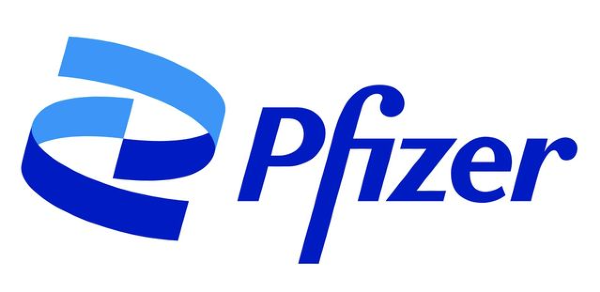

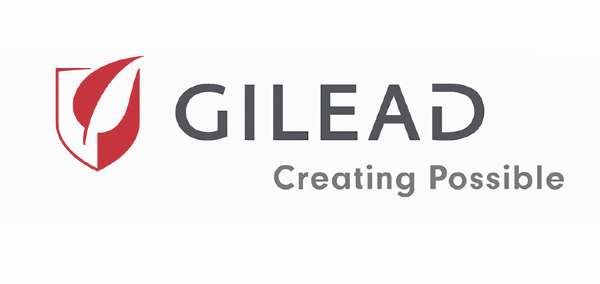
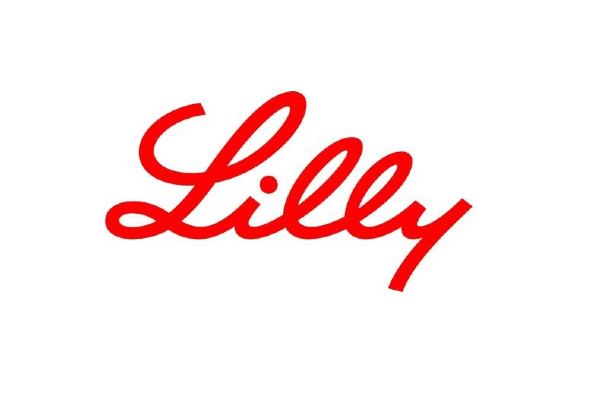


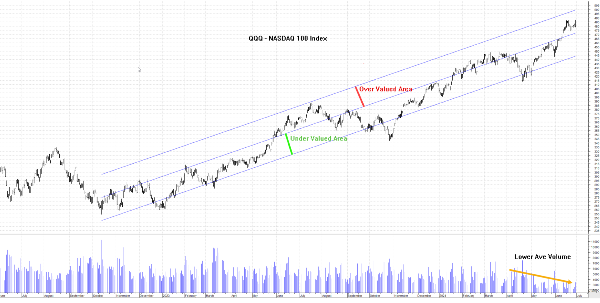

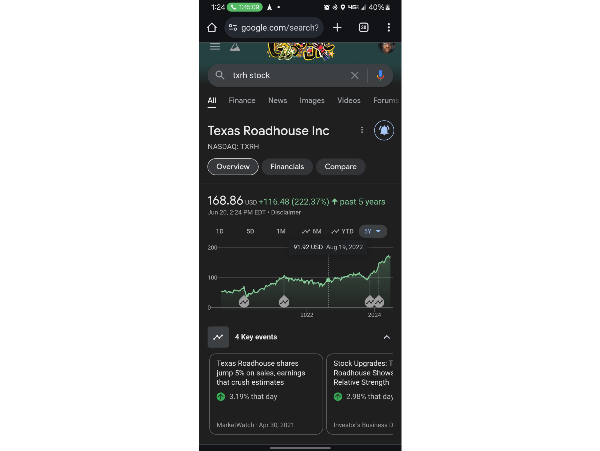






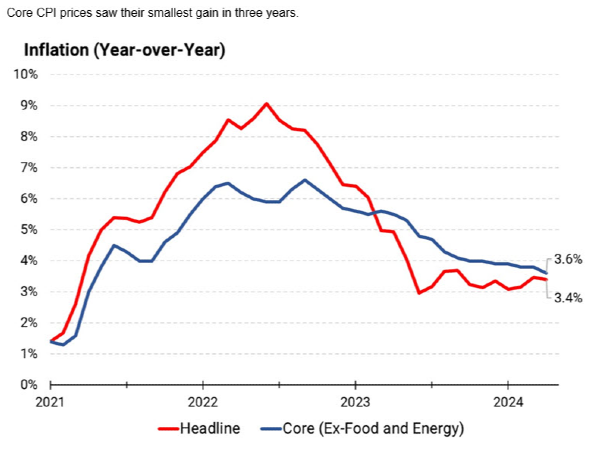





Should you Buy Pfizer Stock?
About Pfizer Inc. (PFE)
Pfizer Inc. is an American pharmaceutical company founded in 1849 and headquartered in New York, New York. They specialize in the development and research of medicines and vaccines, notably the Pfizer-BioNTech Covid-19 vaccine. Other medications, from treatments to reduce blood clots, to treatments for breast cancer, make up a large portion of their annual revenue.
With Covid vaccine sales lowering in the past few years, revenue has struggled to reach the peaks achieved in the peak of the pandemic. After reaching all-time highs of nearly $60 per share, the stock price for Pfizer has struggled. In the past full year, Pfizer stock has dropped over 25%, falling to the current price of $27.60.
The free-cash-flow based intrinsic value model for Pfizer by GuruFocus paints a more positive picture, however. Based on their formula, Pfizer’s intrinsic value is $53.65, far surpassing the current price of $27.60. Additionally, their price-to-projected-FCF is better than 92% of companies in the drug manufacturing sector. This is exceptional, and indicates that the market might be undervaluing Pfizer stock.
Is Pfizer Worth Watching?
Based on the intrinsic value, I would already feel comfortable saying that Pfizer stock is worth considering. Recent stock performance appears to suggest that the market as a whole is more cautious. There are certainly concerns from potential investors. Lesser demand for Covid vaccines has dampened expectations, and lower revenues have been a concern. Pfizer’s Q1 earnings report showed a 20% decrease in revenue when compared to 2023.
This year, Pfizer projects approximate revenue of $61.5 billion, which would be an increase of 3% to 4% versus 2023, and have introduced cost-saving measures that should also positively impact profitability. There is positivity on the horizon, however. Positive signs on new cancer treatment drugs Adcetris and Lorbrena indicate that they may gain FDA approval, which could provide tremendous value for investors. With this being said, I believe Pfizer is a stock worth considering.
The Last Couple of Years Have Been Rough
Following the success of their stock following the Covid-19 vaccine and release of Paxlovid, Pfizer stock rose to an all-time high of $55.05 in 2021. Since the decline in frequency of Covid cases, there has been a gradual decline in the stock price of Covid, as Pfizer revenues took a sharp downturn.
This decrease in stock price is common among healthcare companies following Covid, but appears to have impacted those companies who produced Covid-19 vaccines more than others. Moderna, who reached an all-time high of $484 in 2021, now trades at $133.18. These were the first two vaccines to make it to market, and both have struggled to regain their positive stock performance since the end of the pandemic.
There’s a Bright Future Ahead
Despite recent struggles with their stock’s performance, there is reason to be optimistic with the future of Pfizer’s stock. The acquisition of Seagen, a cancer drug manufacturer, in 2023 offers potential to right the ship. The previously mentioned Adcetris and Lorbrena have the potential to provide long-term value, and not just with a one-time opportunity like we saw with the Covid-19 pandemic. These reliable, longer-term projects provide more value to investors, as there will be greater potential for more revenue over a longer period of time.
In addition to their acquisition of Seagen, the research and development at Pfizer offers promising signs with drugs in trial. They currently have 37 different drugs in late-stage trials, as well as 28 in the mid-stages. These factors all combine to highlight Pfizer’s lofty, but not unreasonable, goals. Their plan is to release a further 8 cancer treatments to hit the market by 2030. They anticipate this to reach a total of 4.6 million patients, doubling the current number being treated by their medications currently.
As a result of these drugs, Pfizer anticipates these drugs to add approximately $45 billion to their annual revenue by 2030. To put that into perspective, their revenue for 2023 was $58.5 billion. They do feel that they have a plan for success, and that has created optimism for some investors as well. One other factor that some have pointed to as a key source of value is Pfizer’s very strong dividend. The annual yield is 6.07% with quarterly dividends of $0.42. This comes at the heels of 15 years of increasing their dividend.
Is Pfizer a Buy or Sell?
While many investors see tremendous value in Pfizer, others wonder if it is a value trap. The investments made during Covid have not caused increases that their peers have seen, and resulted in the spending of tens of billions of dollars. Many are optimistic that the recent moves to diversify their non-Covid lineup will lead to more sustainable performance in the future.
These non-Covid medications have also been performing better than projected. Pfizer reported 11% operational sales growth in Q1 for these non-Covid drugs. This is expected to preceded mid-single-digit increases through 2025 when patent losses could impact these numbers.
The largest source of optimism for Pfizer, however, is certainly their cancer treatment focus. The acquisition of Seagen sent a clear message that their goal is to invest heavily into research and development of new cancer treatments, and some investors are taking notice. There is possibility for tremendous value with Pfizer, as the stock is currently already undervalued according to their intrinsic value even before these new treatments have finished their clinical testing. It is for these reasons that I believe Pfizer strongly warrants consideration as a buy for investors.